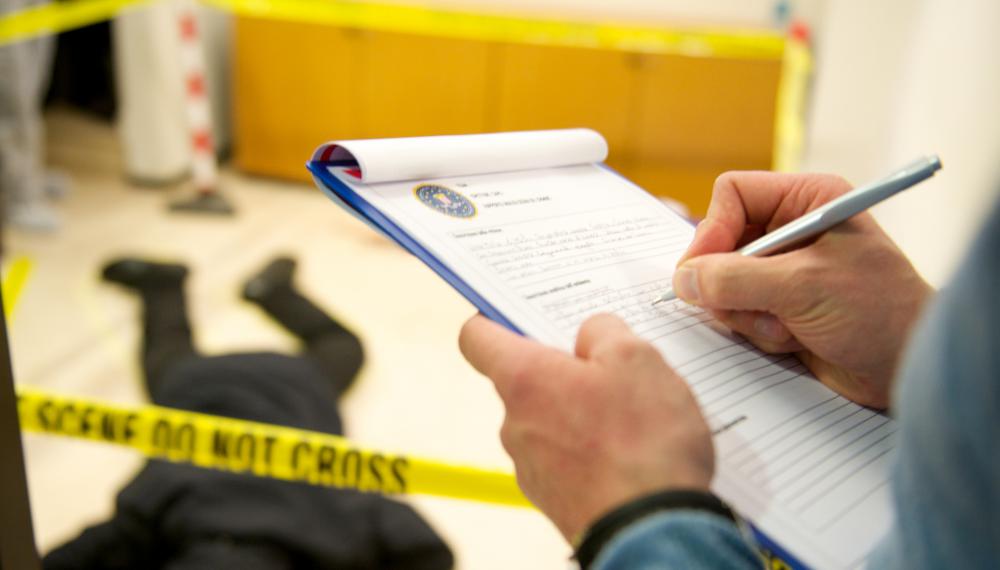At PracticalAdultInsights, we're committed to delivering accurate, trustworthy information. Our expert-authored content is rigorously fact-checked and sourced from credible authorities. Discover how we uphold the highest standards in providing you with reliable knowledge.
How do I Become a Forensic Archaeologist?
Forensic archaeology is a blend of uncovering history and following the law. If you want to become a forensic archaeologist, you must be educated and experienced in archeological techniques. You also must know how this digging and finding plays into the law. A forensic archaeologist is part scientist and part policeman.
If you want to become a forensic archaeologist, you must first understand what the job entails. No two assignments will be alike, but a forensic archaeologist generally is a member of a law enforcement agency or is hired by one as a contractor. They are expected to apply archeological techniques to crime scenes in order to excavate evidence. Duties range anywhere from searching for personal belongings, to uncovering grave sites to the cataloging of materials surrounding a death.

Education is the best way to prepare if you wish to become a forensic archaeologist. If you are strong in science, math and history, you might be ready to move on to a degree that will help you get a job. A bachelor's degree in science or history normally is helpful, but a degree in archaeology is best. There is no industry-wide standard for postgraduate degrees, but a master's and even a doctorate are common among forensic archaeologists. Many universities offer programs specifically providing a major for forensic archaeology, but if not, an internship also will help you.

By mastering the study of archaeology, you will be prepared to deal with the rigors of crime scene investigation. This includes proper techniques to dig for clues, often in difficult situations such as underground, underwater and in poor weather conditions. Proper understanding of archaeological methods will teach you to carefully identify, remove and preserve evidence. To become a forensic archaeologist, you also must be prepared to deal directly with unpleasant sights, because many forensic archaeologists deal with human remains.
An understanding of the law is equally essential as forensic training. To become a forensic archaeologist, you must know the laws surrounding evidence and how it is used in court. Laws differ from country to country, so it is best to brush up on your local laws. An archaeologist needs to know how to document and save evidence so the authorities can use it in a case. Failure to do so could make it difficult to keep a job.
Balancing these very different aspects of science and law are a must for this job. To become a forensic archaeologist, you need to be able to dig for clues but also be smart about the law. By successfully being a historic and legal detective, you can be ready for this challenging career.
AS FEATURED ON:
AS FEATURED ON:












Discuss this Article
Post your comments